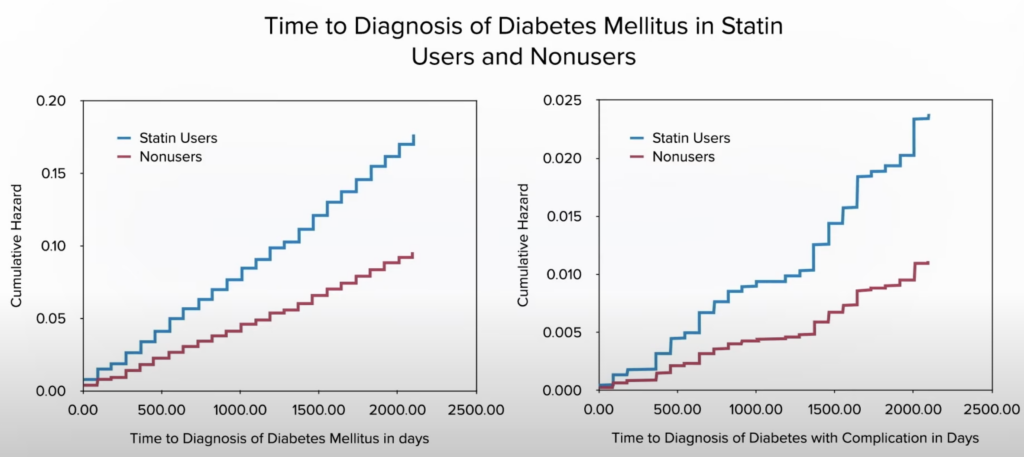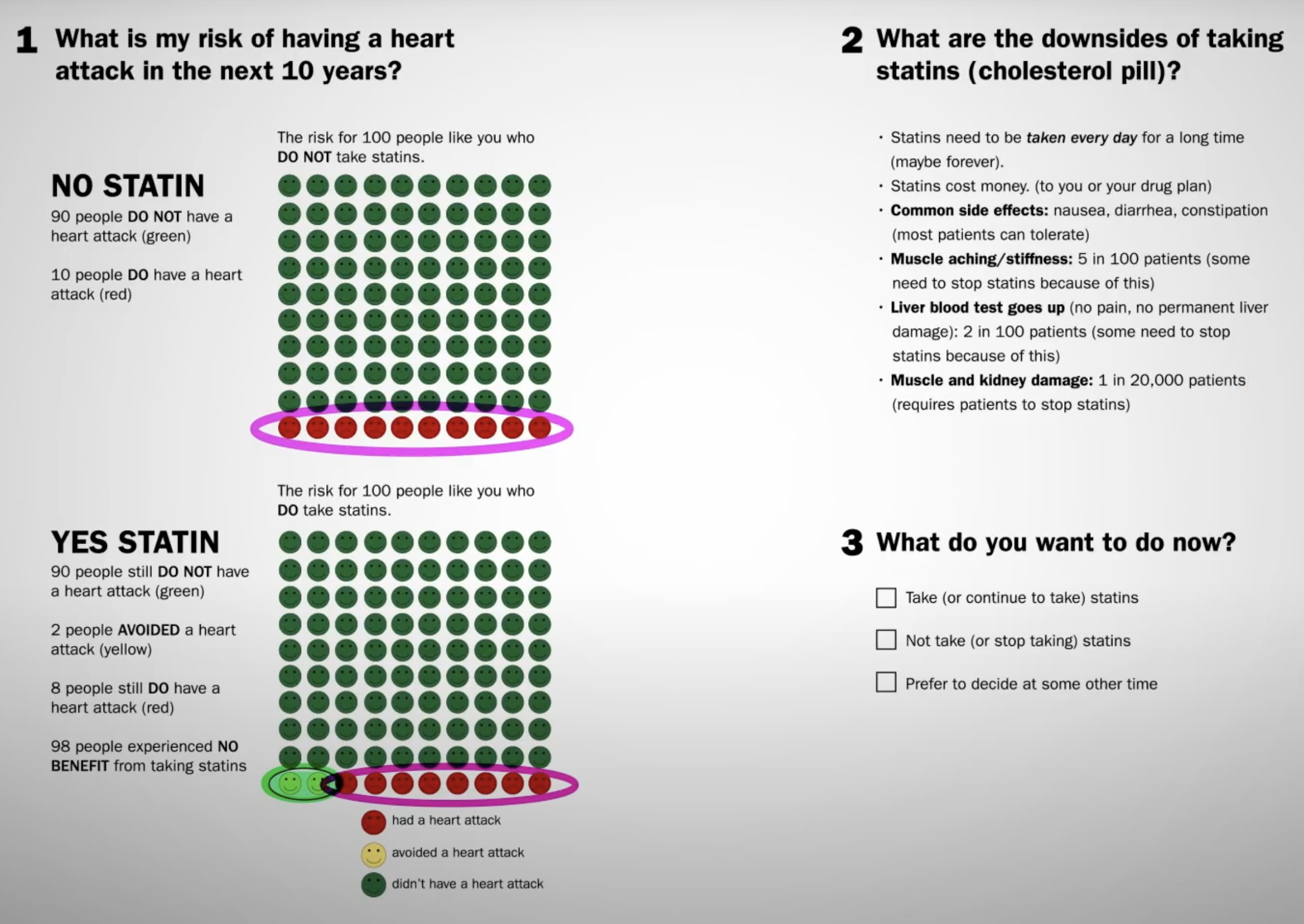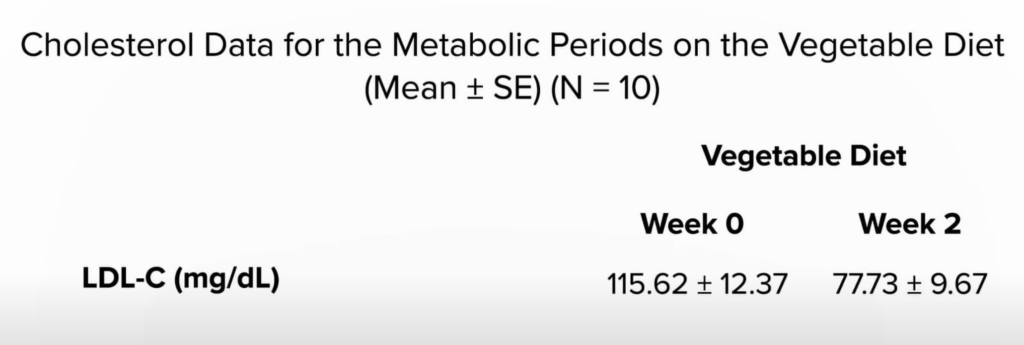The cholesterol-lowering statin drug Lipitor has change into the best-selling drug of all time, producing greater than $140 billion in international gross sales. This class of medicine garnered a lot enthusiasm within the medical group that some U.S. well being authorities facetiously proposed they be added to the general public water provide like fluoride is. One cardiology journal even provided the tongue-in-cheek suggestion for fast-food eating places to supply “MacStatin” [sic] condiments together with ketchup packets to assist neutralize the consequences of unhealthy dietary selections.
What Are Statins and How Do They Work?
Statins are medicine that may decrease ldl cholesterol. They work by blocking a substance that our physique requires to make ldl cholesterol.
Are Statins Unhealthy for You?
Though statins could also be efficient at reducing ldl cholesterol and probably serving to to cut back the danger of coronary heart illness and even stroke, they arrive with a number of attainable uncomfortable side effects that will do far more hurt than good.
What Potential Aspect Results?
As I focus on within the video Who Ought to Take Statins?, muscle-related uncomfortable side effects from cholesterol-lowering statin medicine “are sometimes extreme sufficient [to make] sufferers cease taking [them]. In fact, these uncomfortable side effects might be coincidental or psychosomatic and nothing to do with the drug,” on condition that many medical trials present such uncomfortable side effects are uncommon. In fact, it’s also attainable that research funded by the drug firms themselves might under-report uncomfortable side effects. The underside line is that there’s an pressing want to determine the true incidence of statin uncomfortable side effects.
Researchers have discovered that these taking statins are considerably extra more likely to develop sort 2 diabetes than these randomized to placebo sugar drugs. Why? We’re nonetheless not precisely certain, however statins might have the double-whammy impact of impairing insulin secretion from the pancreas, in addition to diminishing insulin’s effectiveness by rising insulin resistance.

Even short-term statin use might roughly “double the percentages of growing diabetes and diabetic issues,” and elevated dangers might persist for years after stopping statins.
Who Ought to Take Statins?
How must you determine if a statin is best for you? “In case you have a historical past of coronary heart illness or stroke, taking a statin medicine is really useful.” Interval. Full cease. No dialogue wanted. Nonetheless, in case you don’t have any recognized heart problems, then the choice needs to be based mostly on calculating your individual private threat, which you’ll simply do on-line if your ldl cholesterol and blood strain numbers, with the American School of Cardiology threat estimator or the Framingham threat profiler. (My favourite is the ACC estimator as a result of it offers your present ten-year threat, in addition to your lifetime threat.)
Below the present tips, in case your ten-year threat is beneath 5 %, except there are extenuating circumstances, you must stick with eating regimen, train, and smoking cessation to convey down your numbers. In distinction, in case your ten-year threat hits or exceeds 20 %, then the advice is so as to add a statin drug on high of constructing life-style modifications. Below 7.5 %, the tendency is to stay with life-style modifications except there are risk-enhancing components; above 7.5 %, transfer in the direction of including medicine. What are the risk-enhancing components to have in mind when making the choice? A foul household historical past, actually excessive LDL, metabolic syndrome, power kidney or inflammatory circumstances, and persistently excessive triglycerides, C-reactive protein, or LP(a).
Relative Danger vs. Absolute Danger
One of many issues with speaking statin proof to help shared decision-making is that the majority docs have a poor understanding of ideas of threat, chance, and statistics, however that understanding is important for preventive drugs. As mentioned in my video Are Medical doctors Deceptive Sufferers About Statin Dangers and Advantages?, when docs supply a cholesterol-lowering drug, they’re doing one thing fairly totally different from treating a affected person who’s sick.
When drug firms say a statin reduces the danger of a coronary heart assault by 36 %, that’s the relative threat. In a big medical research, 3 % of sufferers not taking the statin drug had a coronary heart assault inside a sure period of time, in comparison with 2 % taking the drug. So, the drug dropped coronary heart assault threat from about 3 % to 2 %, which is a few one-third drop—therefore, the 36 % decreased relative threat statistic. One other manner to take a look at the change from 3 % to 2 % is that absolutely the threat solely dropped 1 %. So, in impact, one’s likelihood of avoiding a coronary heart assault over the subsequent few years could also be about 97 % with out remedy, however it may be elevated to about 98 % by taking day by day statin drug. Yet one more manner to take a look at it: 100 individuals would wish to take the drug to stop a single coronary heart assault.
The Delusion vs. the Actuality
In case you ask sufferers what they had been led to consider, they suppose the prospect of avoiding a coronary heart assault inside a number of years on statins is 1 in 2, when it’s actually 1 in a 100. And, in case you ask, they need an absolute threat discount of not less than 30 % or so to take a cholesterol-lowering drug day by day, whereas the precise absolute threat discount is barely about 1 %. So, the soiled little secret is that if sufferers knew the reality about how little these medicine truly labored, virtually nobody would conform to take them. So, docs are both not educating their sufferers or they’re actively misinforming them.
Weighing the Dangers and Advantages of Statins
If all these numbers are blurring collectively, the Mayo Clinic developed a terrific visualization device. For people at common threat who don’t take a day by day statin, 10 out of 100 might have a coronary heart assault over the subsequent ten years. Nonetheless, if all 100 individuals took a statin day by day for these ten years, 8 would have a coronary heart assault and a pair of can be spared. That’s a few 1 in 50 likelihood that taking the drug would aid you avert a coronary heart assault over the subsequent decade. What if in case you have no recognized coronary heart illness and you’re taking statins for a number of years? The prospect statins will truly save your life is about 1 in 250.
What are the downsides? The fee and inconvenience of taking a capsule day by day, which might trigger some gastrointestinal uncomfortable side effects, muscle aching and stiffness in perhaps 5 %, reversible liver irritation in 2 %, and extra critical injury in maybe 1 in 20,000 sufferers.

If you need a extra customized method, calculate your ten-year threat. I cowl this in additional element in my video The True Advantages vs. Aspect Results of Statins.
Alternate options to Statins?
As I focus on in my video How A lot Longer Do You Stay on Statins?, taking statins can allow you to reside years longer as a result of, for each millimole per liter you drop your dangerous LDL ldl cholesterol, chances are you’ll reside three and even six years longer, relying on which research you’re studying. A millimole in U.S. items (mg/dL) is 39 factors. Drop your LDL ldl cholesterol about 39 mg/dL or 1 mmol/L, and you possibly can reside years longer. Train your complete life, and chances are you’ll solely enhance your lifespan by six months, whereas stopping smoking might internet you 9 months. So, how are you going to drop your LDL ldl cholesterol by about 39 factors? You’ll be able to accomplish that by taking medicine day by day, or you may obtain that inside simply two weeks of consuming a eating regimen full of fruits, greens, and nuts.

A plant-based eating regimen has been proven to considerably scale back levels of cholesterol and cardiovascular threat, in addition to weight problems, hypertension, and systemic irritation—with out adverse uncomfortable side effects.